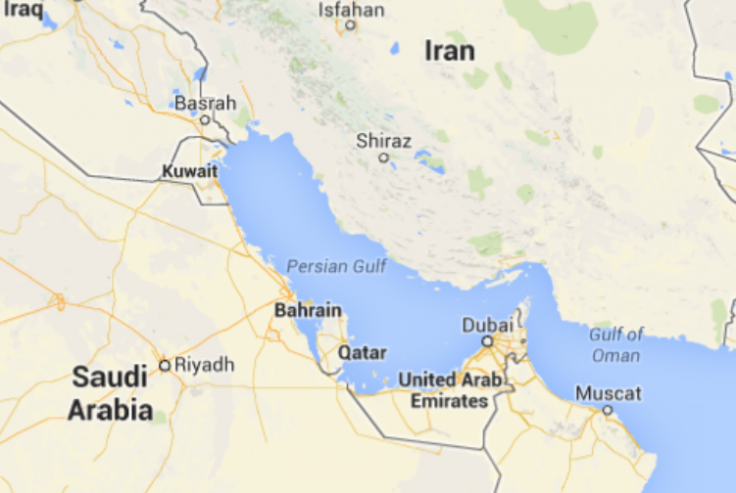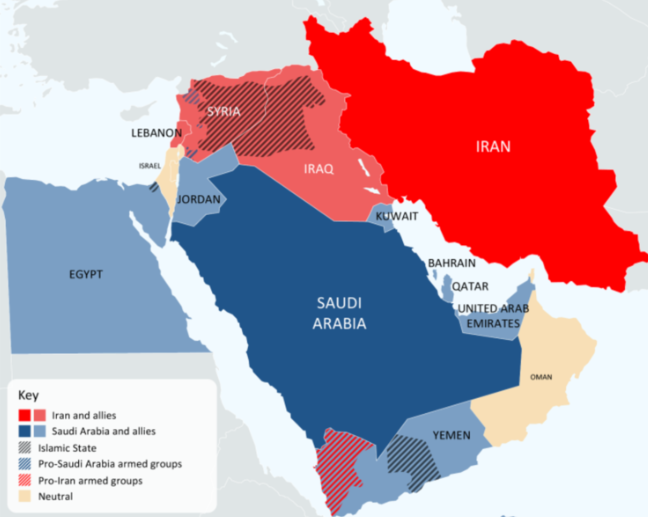The dispute between Saudi Arabia and Iran over an offshore gas field in the Persian Gulf escalated on Thursday when Riyadh and Kuwait spurned Tehran's claim to the field and said they alone have the rights for exploration in the region.
The escalation comes just months after Saudi Arabia and Iran reinstated full diplomatic relations under a deal brokered by China, ending a seven-year-long rift.
Full Rights
In a joint statement, Kuwait and Saudi Arabia said on Thursday they have the full rights to conduct gas exploration in the gas field, which is known as Arash in Iran and Dorra in Kuwait and Saudi Arabia.

The dispute dates back to the 1960s, and the parties involved have been engaged in talks to resolve the crisis. However, Iran's oil minister said on Sunday his country mulls pursuing exploration in the region in the face of failure of talks. Iran will pursue its rights and interests regarding exploitation and exploration "if there is no desire for understanding and cooperation", Iranian Oil Minister Javad Owji said, official Iranian news outlets reported.
Iran Says it will Start Drilling
"If there is no willingness to cooperate, Iran will pursue its rights and benefits, including the exploitation and exploration of the Arash gas field, and will not tolerate any violation of its rights," Owji added.
"Considerable resources have been allocated to the board of directors of the National Iranian Oil Company for the implementation of the development plan for this field," Mohsen Khojsteh Mehr, managing director of the National Iranian Oil Company, said last week.
Escalating the conflict, Kuwait oil minister Saad Al Barrak has said that Kuwait will start drilling in the gas field without further waiting for closing a border demarcation deal with Iran.

The History
In the 1960s, Iran and Kuwait awarded separate offshore contracts to western oil companies but the mandate for drilling overlapped in the northern part of the field. the contracts had been awared to Anglo-Iranian Oil Company and the Royal Dutch Shell.
The recoverable reserves in the region are estimated to be around some 220 billion cubic metres. Many years of talks between the three countries failed to resolve the issue and Iran started drilling in the region in 2001, prompting Kuwait and Saudi Arabia to enter into a joint deal for producing gas from the field.








